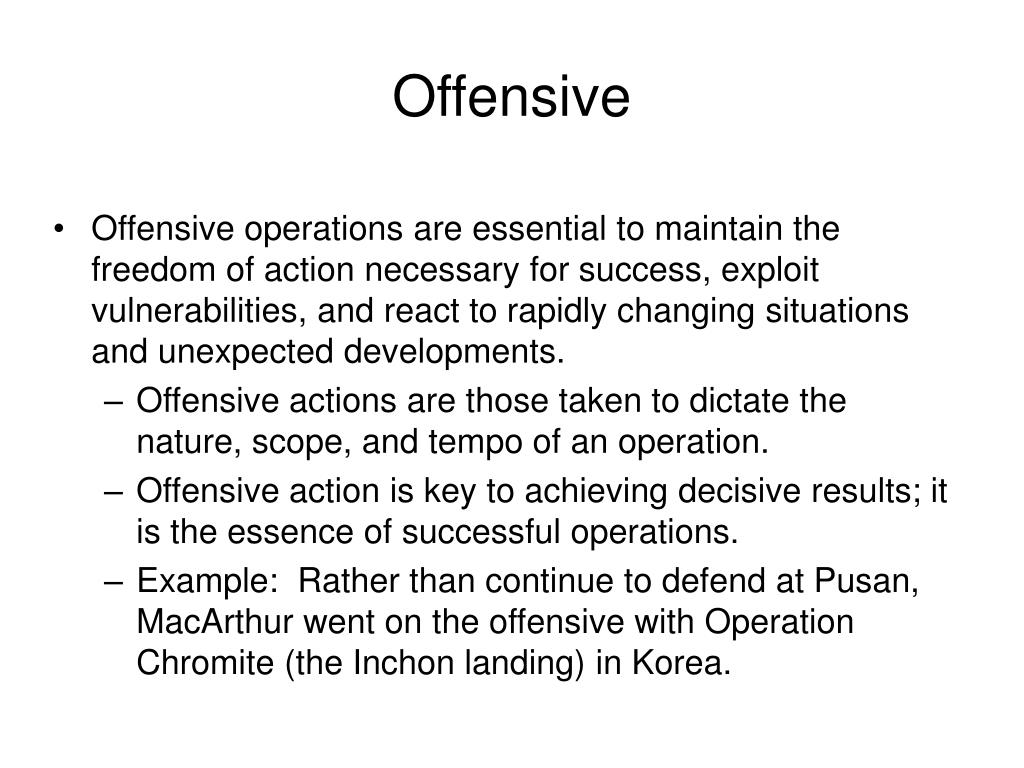"Short Bus" Meaning: Exploring The Offensive Term & Impact
Have you ever considered how a seemingly innocuous phrase can carry the weight of history, prejudice, and profound pain? The term "the short bus," often tossed around casually, is anything but harmless; it's a linguistic weapon that perpetuates stigma and devalues human dignity.
The power of "the short bus" doesn't simply reside in its historical or cultural context; it's deeply entrenched in its connection to stigma. Stigma, in this sense, manifests as the unfavorable attitudes, stereotypes, and biases aimed at individuals with disabilities. What began as a descriptor for a specific mode of transportation a smaller school bus designed for students with special needs has been contorted into a cruel insult, a derogatory label implying intellectual inferiority and perceived inadequacy. The offensiveness of the term stems from its inherent dehumanization, stripping individuals of their worth and reducing them to a punchline.
| Category | Information |
|---|---|
| Term | The Short Bus |
| Definition | Slang term for a smaller school bus typically used for students with disabilities; often used as a derogatory insult. |
| Origin | Evolved from the use of smaller buses to transport students with special needs to and from school. |
| Impact | Perpetuates negative stereotypes, stigmatizes individuals with disabilities, and implies intellectual inferiority. |
| Alternative Usage | Sometimes used in popular culture, such as in the movie "Shortbus" or the song "Short Bus" by the band Filter. |
| Related Terms | Struggle Bus (idiom possibly influenced by "short bus") |
| Cultural Sensitivity | Considered highly offensive and inappropriate to use in casual conversation or as an insult. |
| Reference Link | Anti-Defamation League (ADL) |
The expression "short bus rider," when used as a derogatory term, is not only offensive but utterly inappropriate. It reinforces harmful stereotypes and further stigmatizes people with disabilities. While some might employ the phrase casually, without fully grasping its implications, it's imperative to acknowledge the profound harm it inflicts and consciously abstain from its usage. Asking "Did you ride the short bus?" is a deliberate attempt to denigrate someone's intelligence, suggesting they have a developmental disability necessitating separate transportation to school. This phrase is unequivocally offensive and should be banished from our vocabulary.
- Meet Courtney Taylor Olsen Facts About The Olsen Familys Hidden Sister
- Adriana Limas Kids A Glimpse Into Her Family Life Updated
The term is often delivered with a mocking or insulting tone, making it deeply offensive to individuals with disabilities, their families, and the advocates who champion their rights. The roots of the term "short bus" can be traced back to the practical use of smaller buses specifically designed to transport students with special needs to and from school. However, over time, "riding the short bus" became synonymous with being a special education student, a label often used pejoratively. As our societal understanding of mental and intellectual disabilities has grown, so too must our language evolve.
The casual yet corrosive use of phrases like "ride the short bus" began to be recognized as derogatory and offensive, perpetuating harmful stereotypes about individuals with disabilities. It is a deeply offensive and outdated expression that has no place in a society striving for inclusivity and respect. We must actively reject this kind of language and dedicate ourselves to creating a more inclusive environment where all people are valued and respected for their unique abilities and perspectives. To do otherwise is to condone prejudice and perpetuate a cycle of harm.
Consider the stark parallel to the phrase "back of the bus," a phrase laden with the painful history of racial segregation. Like "back of the bus," the term "short bus" is a deeply offensive and hurtful slur that should never be uttered. Recognizing the historical context and the harm caused by such language is paramount. We must actively work towards promoting equality and combating discrimination in all its forms, whether it's based on race, disability, or any other characteristic that makes us unique.
- Frank Gallaghers Death Exploring The Shameless Finale Legacy
- Whos Who The Ultimate Guide To The 911 Lone Star Cast
The pervasiveness of harassment and its underlying causes demand our attention. While the origin of the idiom "struggle bus" remains somewhat obscure, one compelling theory suggests it may have been influenced by the derogatory term "short bus." The "struggle bus" is an informal expression, typically used in casual or humorous contexts, to describe a situation or person facing significant challenges. However, its potential connection to the "short bus" serves as a reminder of how easily derogatory terms can seep into our everyday language, often without conscious awareness of their origins and potential harm.
Imagine the experience of a parent watching their child board the school bus each day. One author recounts following their daughter in their minivan, nervously anticipating the bus's arrival, only to be met with the sight of their daughter beaming, "on top of the world." When a child's very existence was once uncertain, seeing her on the short bus becomes a moment of profound pride and glory, transforming that bus into a beacon of hope. While the term itself may sound playful to some, it's crucial to remember its deeper roots in historical and cultural contexts, fully understanding its implications.
Just as understanding whether the term "jive turkey" is offensive requires a nuanced exploration of its origins, usage, and cultural impact, so too does the term "short bus." Such an analysis must consider the historical context in which the phrase emerged, its evolving meaning over time, and how its use is perceived by different communities. Examining its usage in popular culture, alongside its real-world impact on individuals with disabilities, provides a clearer understanding of its problematic nature.
While some may argue that no one's life has ever been "ruined" by a simple "short bus" joke, the cumulative effect of such language is undeniable. It contributes to a climate of disrespect, reinforces negative stereotypes, and perpetuates the marginalization of individuals with disabilities. Even if one person sincerely doubts the harm caused by such jokes, it is crucial to acknowledge the very real offense and pain they inflict on others.
When a person does something foolish, labeling them as "retarded" insinuating lower intelligence is equally harmful and unacceptable. Each person's story is one of resilience in a world that can be hostile, where negative attitudes toward differences are often indiscernible to those who do not experience them firsthand. The term "the short bus" is a slang term frequently used to refer to individuals perceived as intellectually or developmentally disabled. This term is highly offensive and derogatory, implying that these individuals are incapable of functioning in society and must be segregated from the rest of the population.
A "short bus" is North American slang for a small school bus (type A or type B), often a derogatory term referring to a bus specifically for disabled and/or mentally challenged students. Beyond its literal meaning, the term can also refer to the 1996 film "Shortbus" or the song "Short Bus" by the band Filter. However, regardless of its usage in popular culture, it is essential to remember the term's potential to inflict harm and perpetuate negative stereotypes.
The goal is to work towards creating a more inclusive and accepting society, where everyone is treated with respect and dignity, regardless of their abilities or disabilities. Dismissing the offense caused by the term "short bus" because it's "just a joke" is a form of microaggression that invalidates the experiences of those who are directly impacted by its use. These subtle forms of discrimination can have a significant impact on mental health and well-being, creating a sense of exclusion and marginalization.
The impact of language on shaping perceptions and attitudes towards disability is undeniable. By perpetuating stereotypes and devaluing individuals with disabilities, phrases like "short bus" contribute to a culture of ableism, where the world is designed and valued based on the abilities of non-disabled people. This can lead to systemic barriers that prevent individuals with disabilities from fully participating in society, including access to education, employment, and social opportunities.
In conclusion, the term "riding the short bus" is a derogatory and offensive term that perpetuates harmful stereotypes and discrimination against people with disabilities. The casual use of ableist language, even when unintentional, can have a significant impact on the self-esteem and mental health of individuals with disabilities. It reinforces negative stereotypes, creates a sense of exclusion, and contributes to a culture of discrimination.
It is essential to actively challenge and dismantle these harmful stereotypes. This requires conscious effort to educate ourselves and others about the impact of ableist language, to promote inclusive language practices, and to create a more equitable and accessible society for all. By choosing our words carefully and speaking out against discrimination, we can help to create a world where all people are valued and respected for their unique abilities and perspectives.
The phrase "short bus," while seemingly simple, carries a heavy burden of historical and social baggage. Its use as a derogatory term reflects a deeply ingrained societal bias against individuals with disabilities, perpetuating harmful stereotypes and contributing to a culture of discrimination. To create a more inclusive and equitable society, it is essential to recognize the harm caused by such language and actively work towards promoting respect, understanding, and acceptance for all.
Ultimately, the power to change the narrative lies within each of us. By consciously rejecting ableist language and embracing inclusive communication, we can create a more welcoming and supportive environment for individuals with disabilities. This requires a commitment to ongoing learning, self-reflection, and a willingness to challenge our own biases. Together, we can build a world where all people are valued and respected for their unique abilities and perspectives.
Moving forward, it is imperative to foster a culture of empathy and understanding towards individuals with disabilities. This involves listening to their experiences, amplifying their voices, and advocating for their rights. By creating spaces where individuals with disabilities feel safe, respected, and valued, we can begin to dismantle the harmful stereotypes and prejudices that have plagued our society for too long.
By fostering a culture of inclusivity and understanding, we can ensure that individuals with disabilities have the opportunity to thrive and contribute their unique talents and perspectives to the world. Let us remember that true progress lies not only in words but in actions, and that by working together, we can create a brighter and more equitable future for all.
- Asma Assad From First Lady To Exile The Assad Story
- Leo Virgo Cusp Are You One Traits Compatibility More

PPT Military Theory and Strategy PowerPoint Presentation, free

WFLA NEWS on Twitter "'Inappropriate, offensive' School bus driver

Bus terminal meaning of Bus terminal YouTube